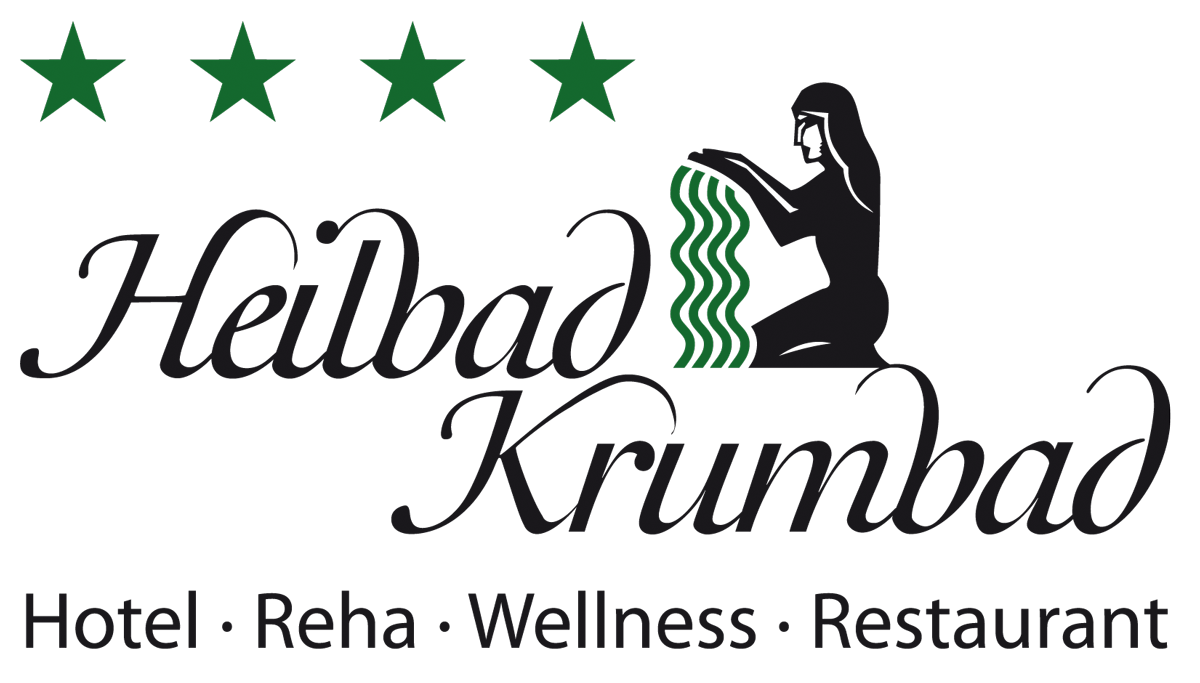Krumbader Badstein (bath stone)
Krumbader bath stone is the natural remedy used for medical treatments in the state-approved natural peloid establishment Health Spa Krumbad.
Peloid analysis:
The last performed and required peloid analysis conducted by the Institut Frese-nius, Taunusstein in 2000 showed clay with the main component silicium (silicia) of more than 60 % magnesium and potassium among others. The latest analysis can be viewed in the Health Spa Krumbad.
Geological origin:
The stone is obtained north of Krumbad from the ridge of a beech grove, ex-cavation depth 3 – 5 meters. In the bath science this remedy is known as peloid (“pelos” = Greek for mud) and is a montmorillonite claystone which probably emerged out of volcanic ashes of the Molasse sea. Latest research shows a connection to the meteor strike in the Ries. Due to drillings and an expertise of the engineering office Kling Consult in Krumbach in 2002, the here exhausted Badstein deposits are supposed to be of a large size. Processing: The stone is dried for approximately one year, then it is manually pounded in the workshops for landscape work in the Dominikus-Ringeisen-Werk in Ursberg and grinded in a stone mill, the stone meal is then filled in bags. Mixed with water according to a fixed mixing ration, the natural mud is used warm (heated to ca. 45°C) or cooled.
Indications:
- Subsequent cure after joint surgeries
- Degenerative diseases of joints and spine, such as arthrosis, rheumatism, osteoporosis
- Cardiac and circulatory troubles
- Physical and mental states of exhaustion
- Soft tissue rheumatism and und gynaecological diseases
Types of application for natural peloid:
- Packs, compresses, warm and cold
- Mud kneading
- Mud treading
- Badstein ointment
- Nurturing scrub in the Rasul bath
 DE
DE EN
EN


